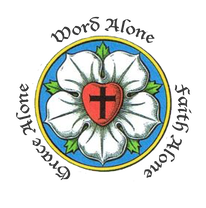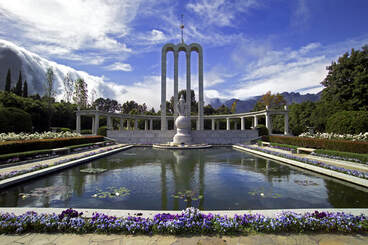
The Huguenots have left us a tremendous legacy of heroic faith, Christian endurance and sacrifice. Their contributions to our culture, spiritual life and prosperity have been out of all proportion to their small numbers.
Afrikaans Ancestors There are many Huguenot surnames amongst us to this day: Blignaut, De Klerk, De Villiers, Du Preez, Du Toit, Fourie, Hugo, Joubert, Le Roux, Malan, Nel, Pienaar, Retief, Rossouw, Theron, Viljoen, Visagie, and many others. The first Huguenot to arrive at the Cape, on 6 April 1652, was Maria de la Quellerie, the wife of the first governor of the Cape, Jan Van Riebeeck. Maria's grandfather had been a French Huguenot pastor. Dynamic Christian Movement The Huguenots were Protestants, members of the Reformed Church of France. Their forerunners were the Waldensians, a dynamic Bible study movement which arose in the 12th century, led by Peter Waldo, a merchant of Lyons. The Waldensians desired to study the Scriptures and be faithful to Biblical principles in all areas of life. These poor men of Lyons went out in twos and boldly proclaimed the Word of God throughout Southern France, Northern Italy and Switzerland.
1 Comment
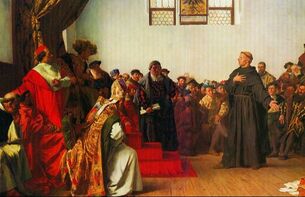
18 April marks the anniversary of a momentous turning point in world history. The Reformation was led by men of strong faith, deep convictions, great intelligence, high moral standards and tremendous courage. Towering above all these great Reformers, Martin Luther stands out as the most courageous, controversial and influential Reformer of all time.
Facing Certain Death Summoned to Worms, Luther believed that he was going to his death. He insisted that his co-worker, Philip Melanchthon, remain in Wittenberg. "My dear brother, if I do not come back, if my enemies put me to death, you will go on teaching and standing fast in the truth; if you live, my death will matter little." Luther at Worms was 37 years old. He had been excommunicated by the Pope. Luther would have remembered that the Martyr, John Hus, a Century before, had travelled to Constance with an imperial safe conduct, which was not honoured. 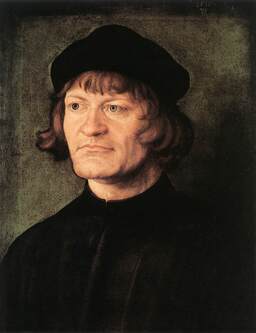
"For to me to live is Christ and to die is gain."
Philippians 1:21 Back to the Bible 2019 marks the 500th anniversary of systematic Biblical Exposition. It was 1 January 1519 when Swiss Reformer, Ulrich Zwingli, launched the Reformation in Switzerland by beginning Expository Preaching. Starting with Matthew 1:1, he worked, week by week, chapter by chapter, verse by verse, line by line, through every Book and every Word of the New Testament. This bold action of replacing the Latin mass with the preaching of the Word of God, in the local language, marked the beginning of Expository Preaching. The Reformer of Switzerland Ulrich Zwingli was the father of the Reformation in Switzerland. Born and raised in the Alps, Zwingli was one of the most colourful and audacious characters in Swiss history. A devout student of Scripture, Zwingli was transformed and shaped by the Word of God. He has been described as "an amazing combination of intellect, passion and wit." 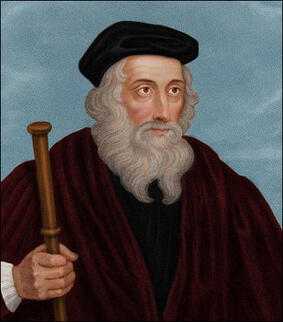 To view the screen capture video of this presentation click here To view the video of this presentation click here To listen to this lecture click here In the 14th Century, Oxford was the most outstanding university in the world and John Wycliffe was its leading Theologian and philosopher. The Black Death (the Bubonic Plague), which killed a third of the population of Europe, led Wycliffe to search the Scriptures and find salvation in Christ. The King’s Champion As a professor at Oxford University, Wycliffe represented England in a controversy with the pope. Wycliffe championed the independence of England from Papal control. He supported King Edward III’s refusal to pay taxes to the pope. (It was only one step away from denying the political supremacy of the pope over nations to questioning his spiritual supremacy over churches). The royal favour which Wycliffe earned from this confrontation protected him later in life. 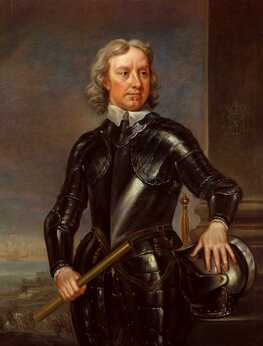
Oliver Cromwell (1599-1658) was one of the greatest leaders ever to rule England. He was a dedicated Puritan, deeply and fervently devoted to carrying out the will of God. He was relentless in battle, brilliant in organization and had a genius for cavalry warfare. With a Psalm on his lips and a sword in his hand he led his Ironsides to victory after victory, first against the Royalists in England, then against the Catholics of Ireland, and finally against the rebellious Scots.
Oliver Cromwell pursued religious toleration which helped to stabilize the fragile country after the King was executed. His foreign policy in support of beleaguered Protestants in Europe and against Muslim pirates in the Mediterranean was successful and he restored the supremacy of the seas to England. 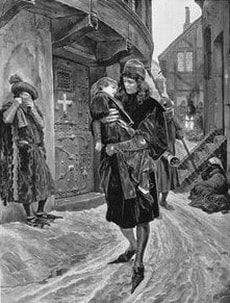
When the Plague Hit Zürich
Shortly after Reformer Ulrich Zwingli became pastor in Zürich, the city was hit by the plague. Zwingli showed his courage by giving no thought to his own safety, but staying in Zürich and ministering selflessly to the highly contagious victims. He himself was soon struck down with the plague and nearly died. While in the grip of this debilitating illness, Zwingli wrote “The Song of the Plague” in which he shows a vibrant faith in the all sufficiency of God’s grace in Christ Jesus: The Song of the Plague “Help me, O Lord, my strength and rock; lo at the door I hear death’s knock. Uplift Thine arm once pierced for me; that conquered death and set me free. Yet if Thy voice in life’s midday, recalls my soul, then I obey. In faith and hope earth I resign, secure of Heaven, for I am Thine. My pains increase; haste to console; for fear and woe seize body and soul. Death is at hand, my senses fail, my tongue is dumb; Now, Christ, prevail. Lo! satan strains to snatch his prey; I feel his grasp; must I give way? He harms me not, I feel no loss, for here I lie beneath Thy Cross. My God! My Lord! Here by Thy hand, upon the earth once more I stand. Let sin no more rule over me; my mouth shall sing alone to Thee.” |
History ArticlesCategories
All
Archives
May 2023
|
- Home
-
History Articles
- History Articles
- All Categories
- Character Studies
- Greatest Century of Missions
- Greatest Century of Reformation
- Reformation In Bohemia
- Reformation In England
- Reformation In France
- Reformation In Geneva
- Reformation In Germany
- Reformation In Italy
- Reformation In Scotland
- Reformation in Switzerland
- Victorious Christians
- Contemporary Articles
- Resources
- Contact
- Donate
|
The Reformation Society
PO Box 74, Newlands, 7725, South Africa Tel : (021) 689-4480 Email: [email protected] Copyright © 2022 ReformationSA.org. All rights reserved |
- Home
-
History Articles
- History Articles
- All Categories
- Character Studies
- Greatest Century of Missions
- Greatest Century of Reformation
- Reformation In Bohemia
- Reformation In England
- Reformation In France
- Reformation In Geneva
- Reformation In Germany
- Reformation In Italy
- Reformation In Scotland
- Reformation in Switzerland
- Victorious Christians
- Contemporary Articles
- Resources
- Contact
- Donate
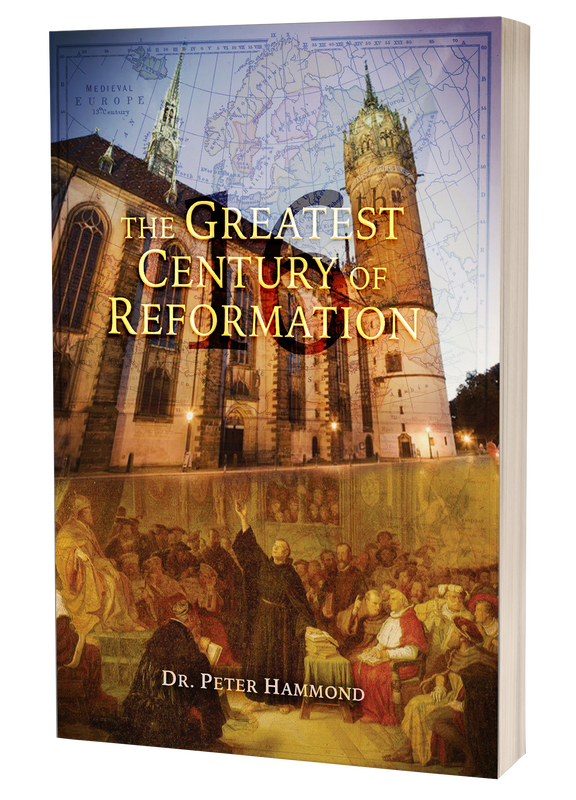
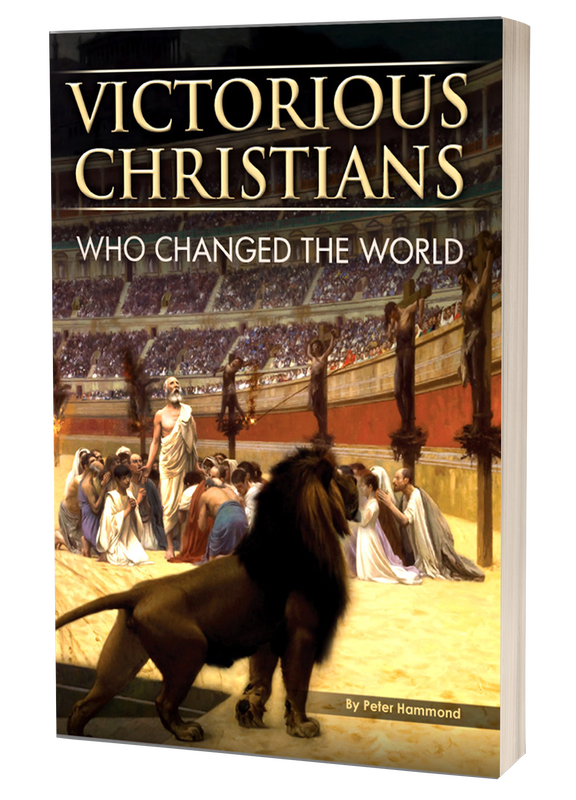
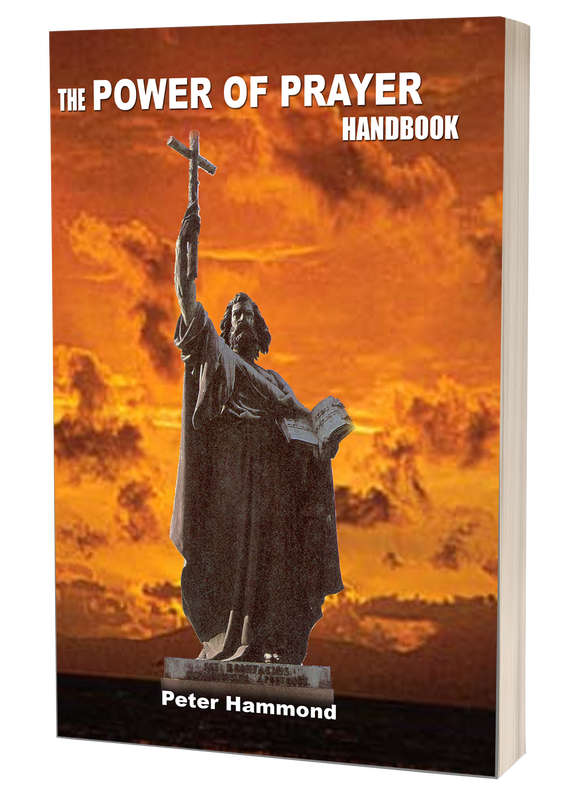
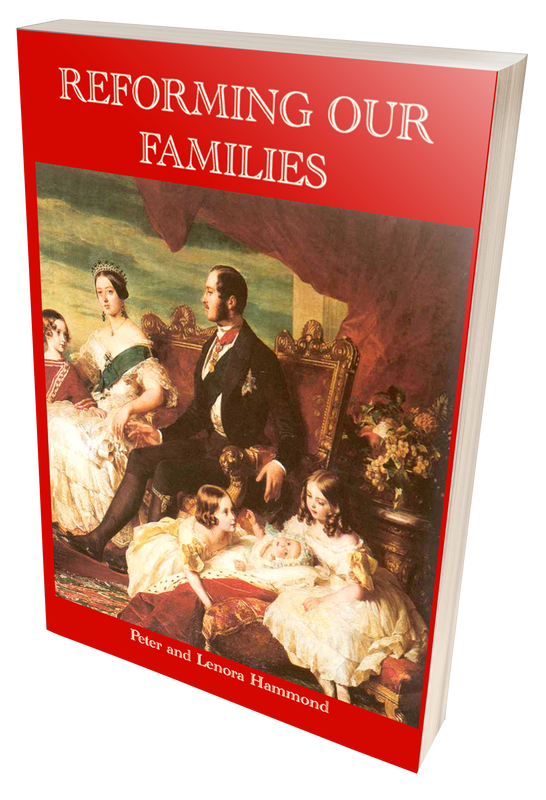
 RSS Feed
RSS Feed

